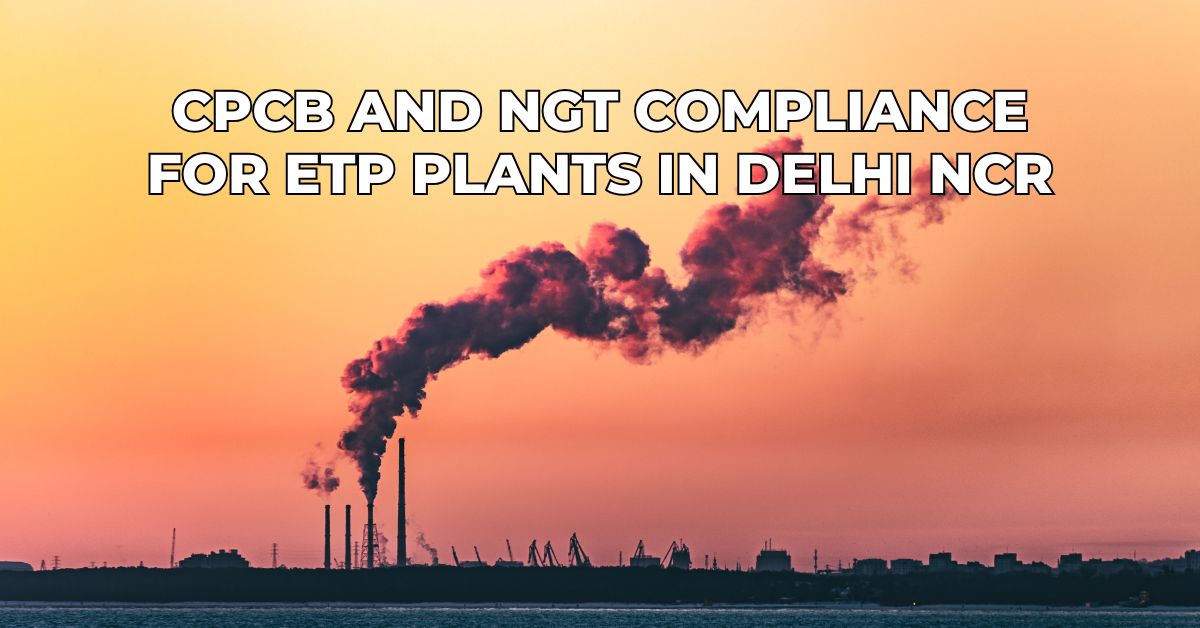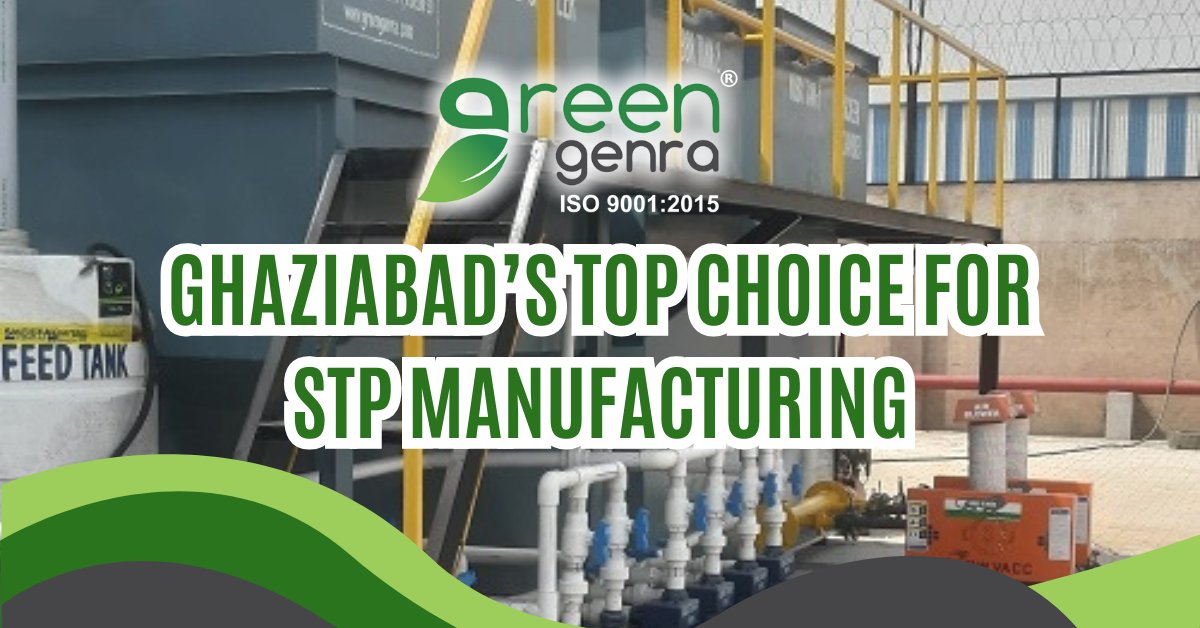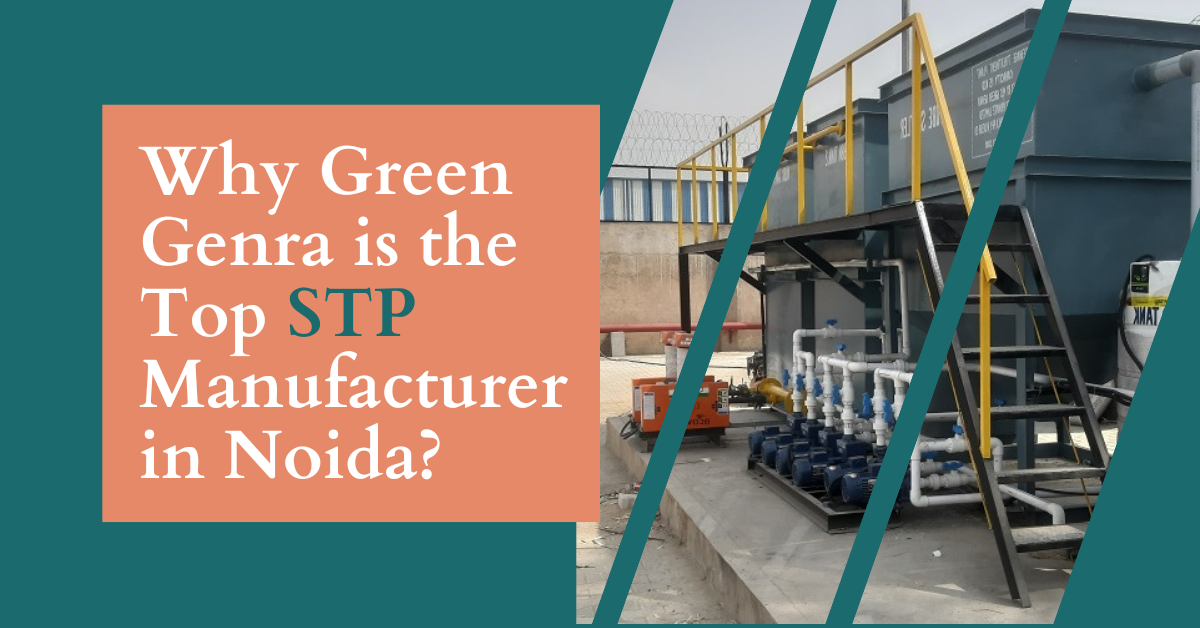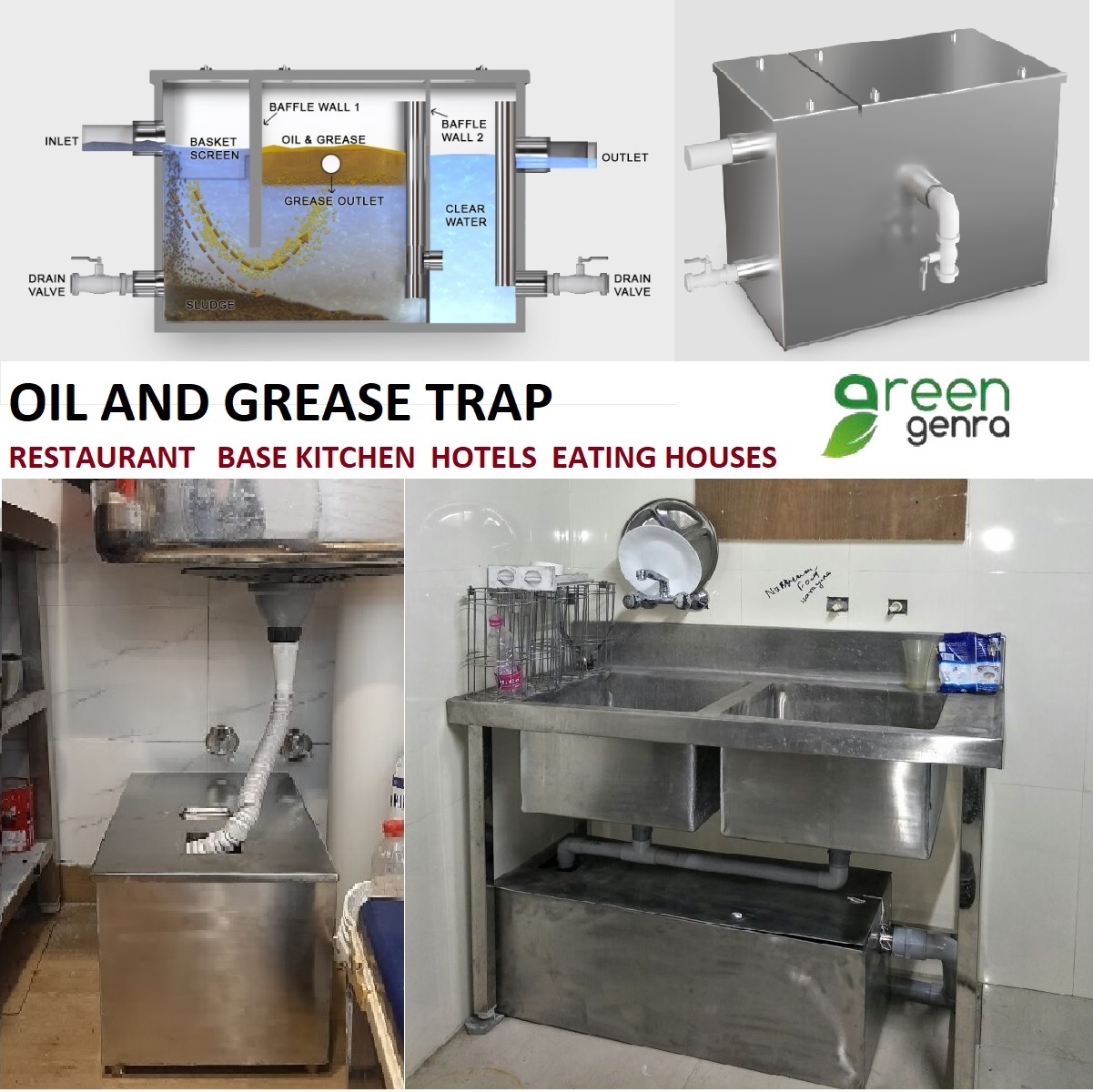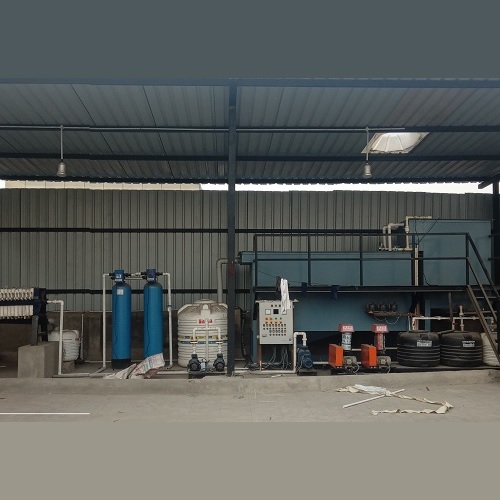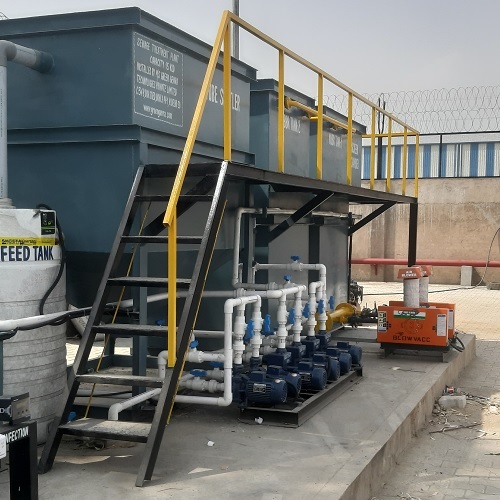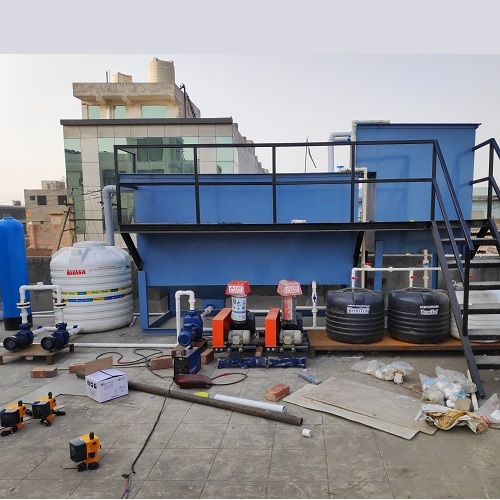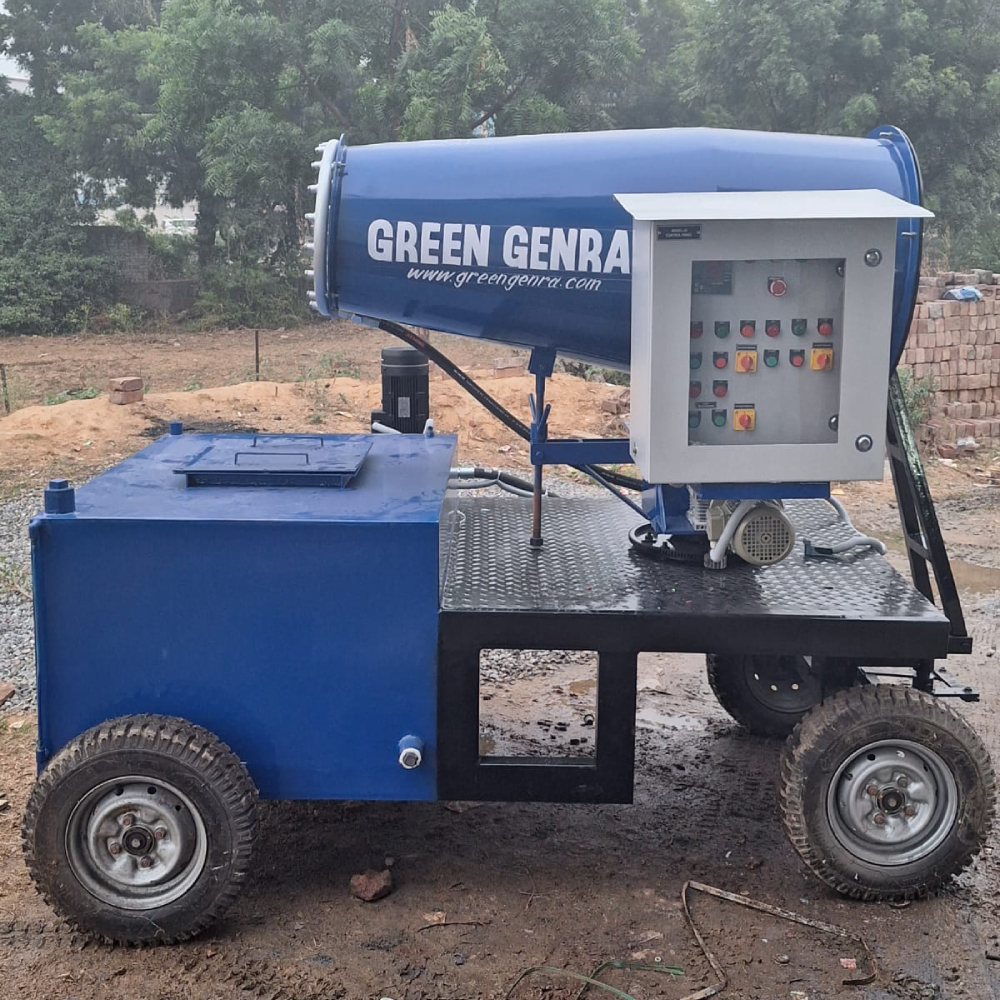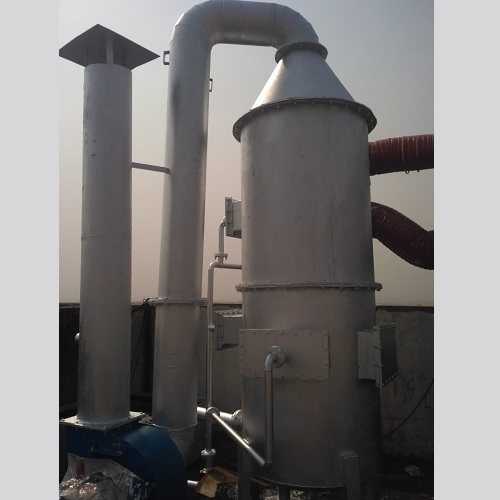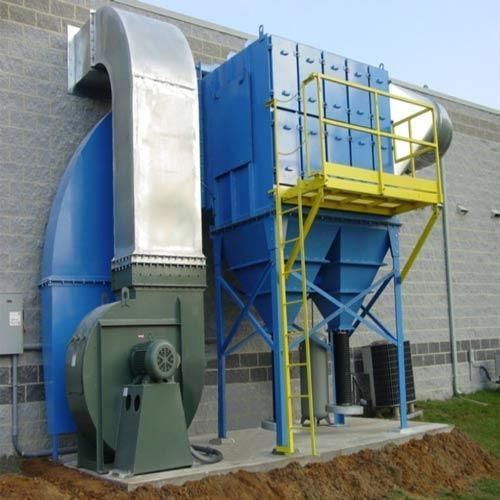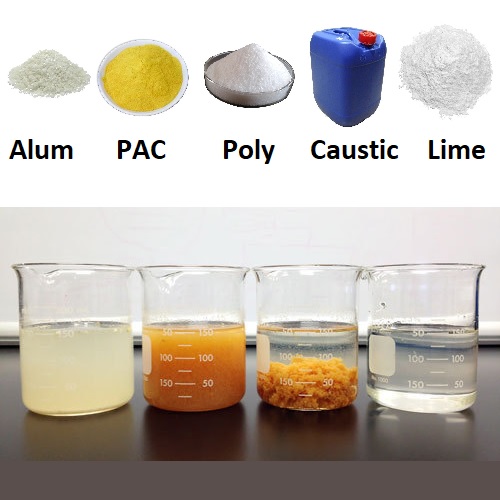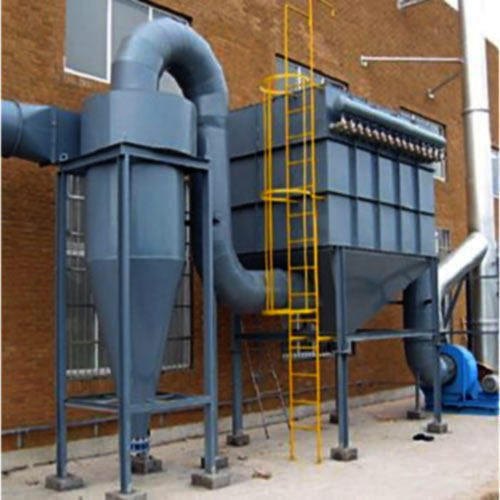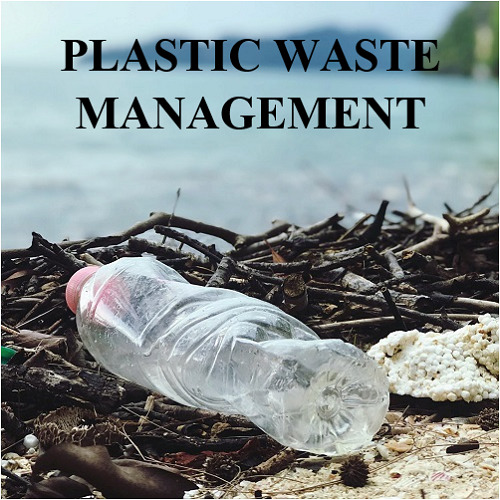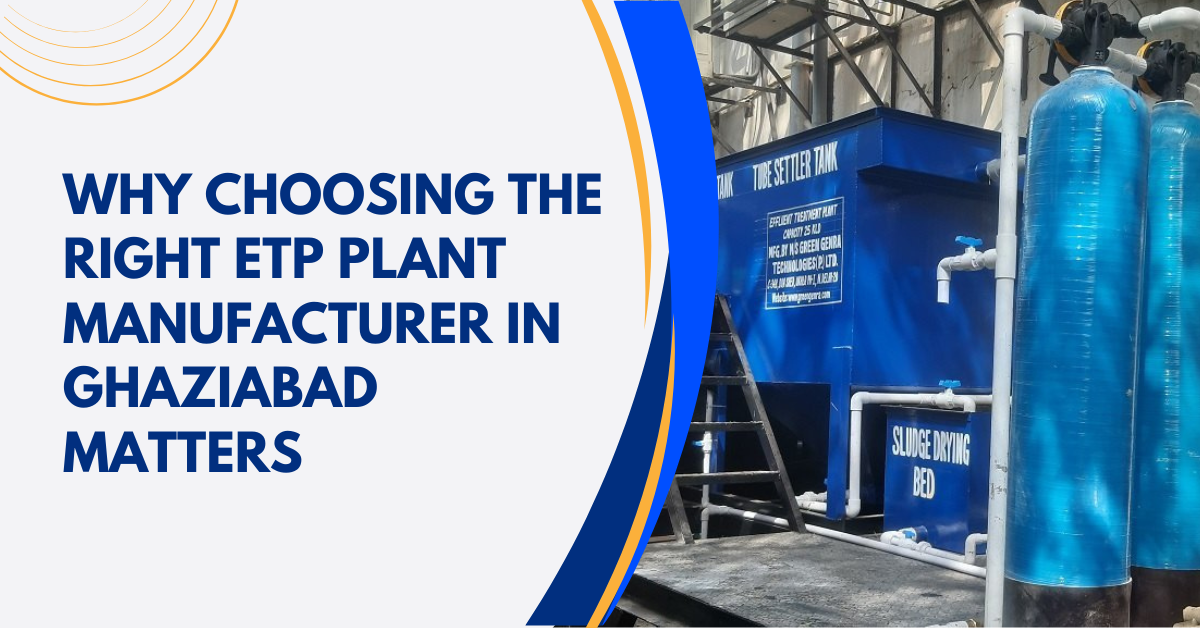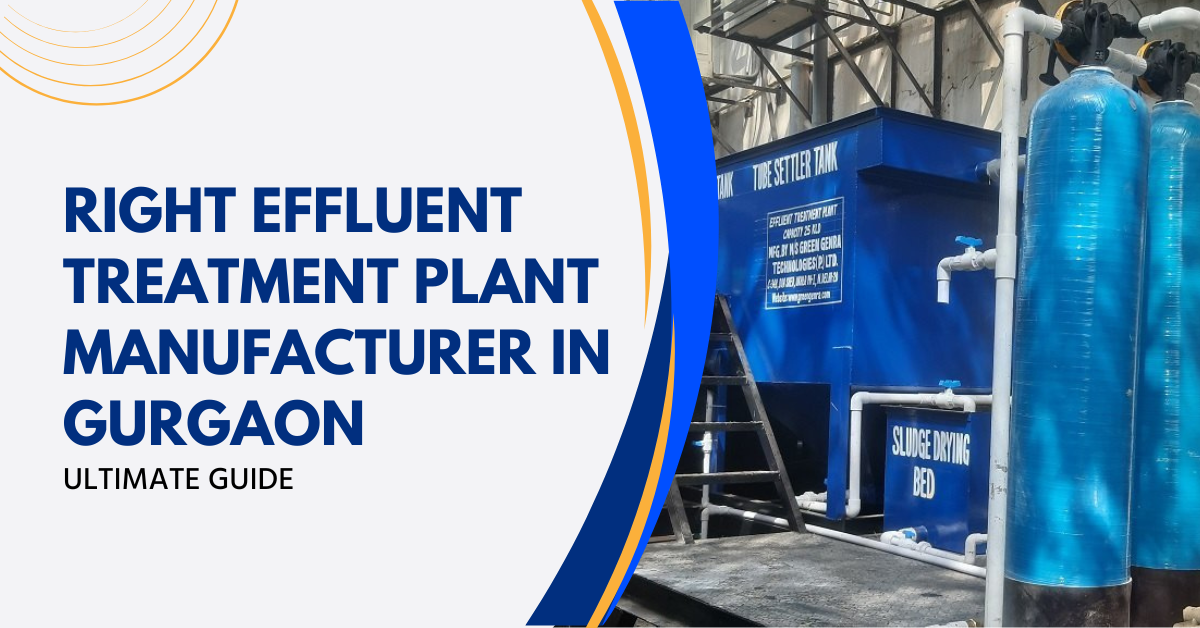Water Expo 2025 in New Delhi 28-30 August 2025 | Pragati Maidan, New Delhi India 20th Everything About Water Expo 2025 ...
What is the applicability of bio-medical waste?
Biomedical waste is a kind of waste containing infectious materials generated during the treatment of humans or animal research activities.
Hospitals generate a huge amount of bio-medical waste every year and this must be managed effectively. Proper waste management is important in maintaining a healthy environment not just for the hospitals but for the environment on a more significant level.
DPCC grants permission to hospitals and other healthcare facilities to generate, collect, receive, store, transport, treat, process, dispose or handle biomedical waste as per the rules and guidelines issues by the Central government or the Central Pollution Control Board. It is important for all the health care amenities and hospitals to apply for biomedical waste registration to effectively manage and dispose the bio medical waste.
Proper handling of Biomedical waste
1. The waste must be segregated in a container or colored bags as specified
2. Pre-treat the laboratory waste, microbiological waste and blood bags through disinfection or sterilization on-site as per manner prescribed by WHO or NACO
3. The health care facilities need to phase out chlorinated plastic bags, blood bags along gloves within two years from the date of notification of these major rules
4. Disposing solid waste as per the provisions of respective waste management rules
Documents required for biomedical waste registration
1. Aadhar card copy
2. Pan card copy
3. Filled-in Form II with quantity of four categories of biomedical waste
4. Self-declaration in case biomedical waste is not generated
5. Copy of registration from state medical council
6. Copy of agreement with operator of bio-medical waste facility
7. Copy of authorization in case of renewal
8. Copy of noise monitoring report
9. Undertaking in a prescribed format signed duly by applicant.
1. Every operator handling Biomedical waste must apply in Form II to the concerned state pollution control board (SPCB) or the pollution control board (PCC) along with required fee facility and operator of common facility shall be synchronized with the validity of consents.
2. The documents will be scrutinized by SPCB/PCC to assess the capacity and capabilities of the biomedical waste treatment facility. A site inspection is carried out and an inspection report is prepared on its behalf.
3. SPCB or PCC will grant authorization in Form III after successful inspection and addressing of all the issues within 90 days of submission of a completed application.
Collaborate with an expert service provider to avail biomedical registration easily. The dedicated expert will have an excellent understanding of biomedical authorization and registration process and provide their clients with precise advice and support.
The experts will streamline the process of biomedical waste registration and ensure the entire process is done in a hassle-free way.

































Effluent Treatment Plant (ETP) from reliable ETP Plant Manufacturers play a key role in reducing industrial pollution by trea...
With the increasing levels of water contamination in Ghaziabad because of growing industries and a growing population, wastew...
Green Genre is one of the best STP manufacturers in Noida that designs, produces and installs sewage treatment plants in vari...
Effluent Treatment Plants or ETPs are important for industries in Ghaziabad to ensure environmental compliance ensuring effec...
An effluent Treatment Plant or ETP is a crucial investment for industries seeking to manage wastewater according to environm...
ETP or the Effluent Treatment Plant is designed to treat industrial wastewater by removing harmful chemicals, contaminants an...

